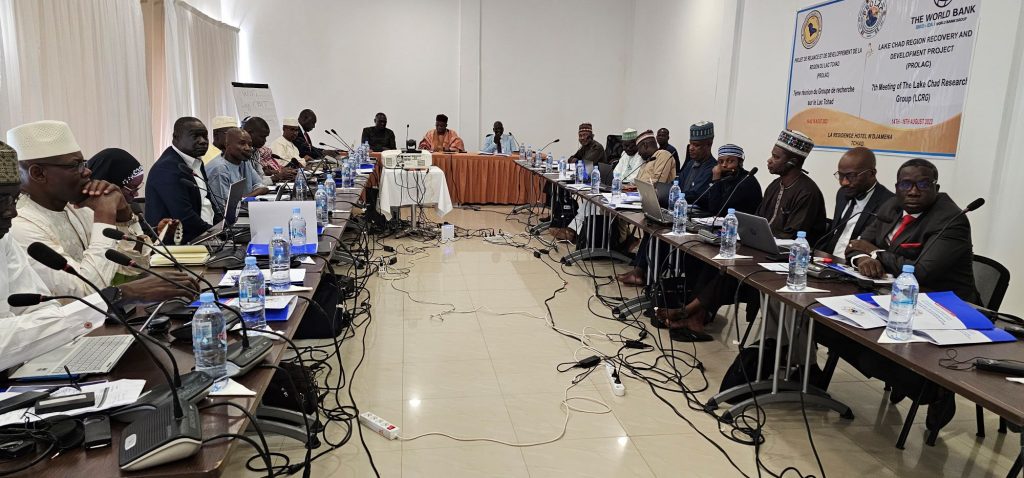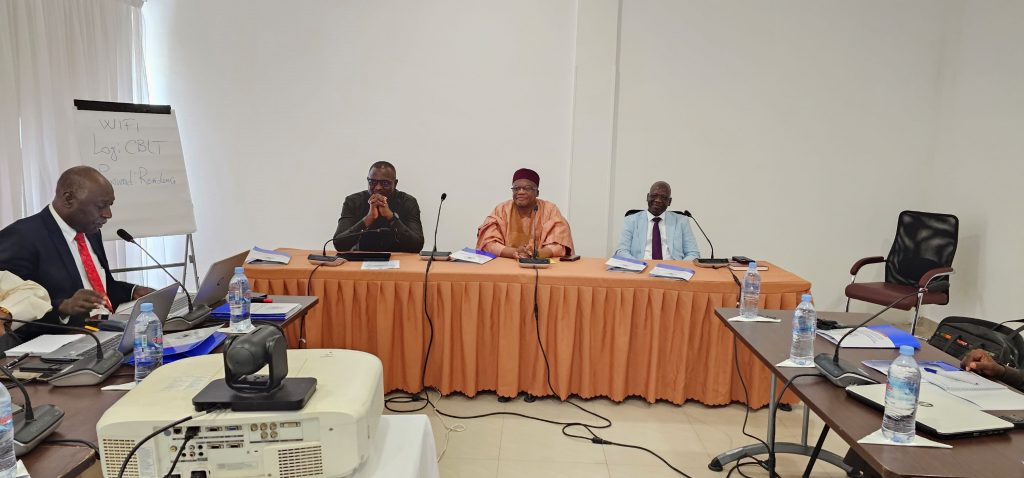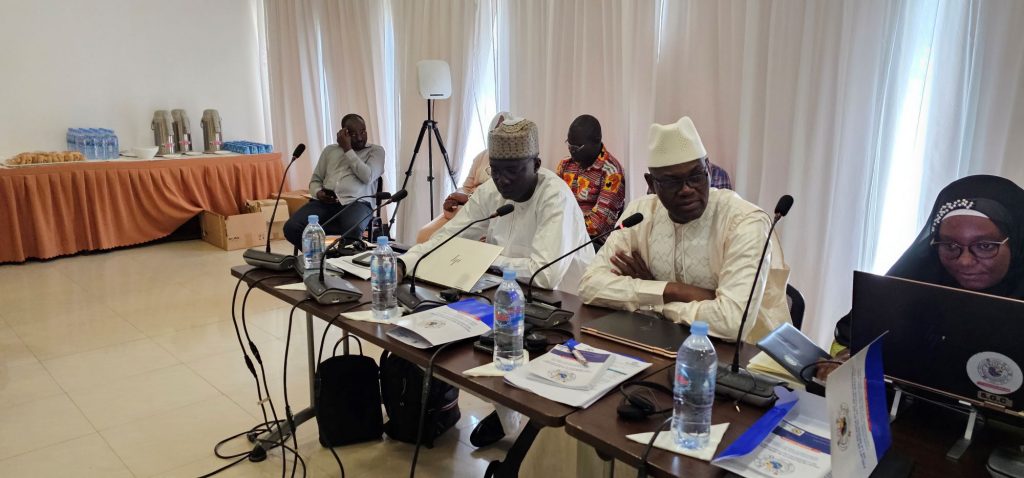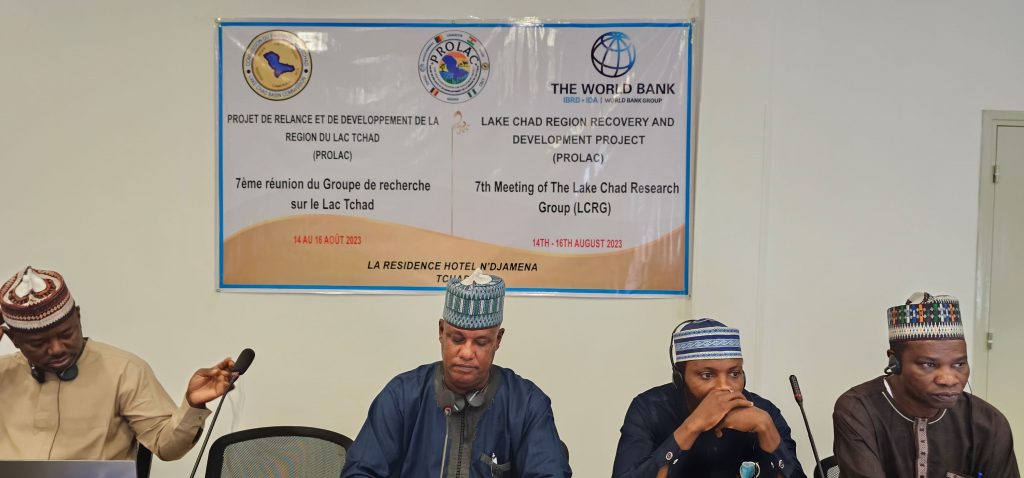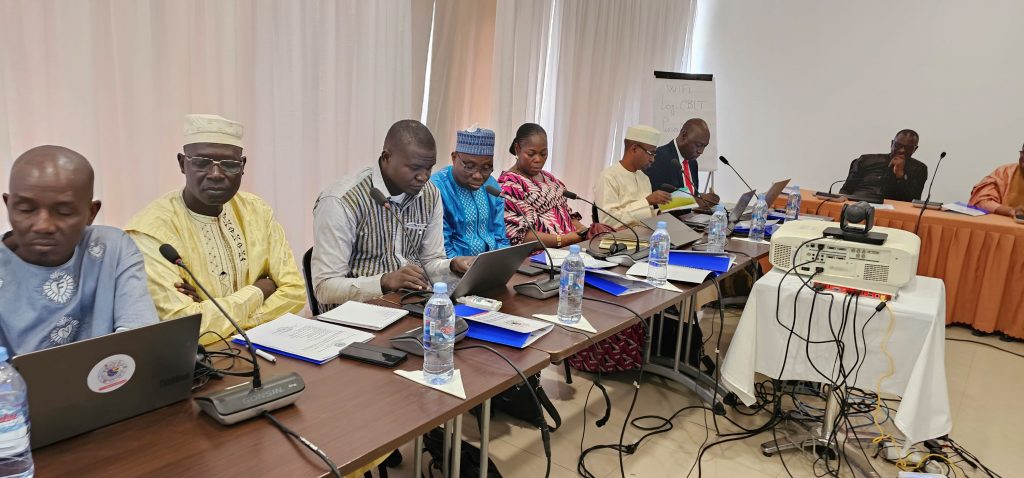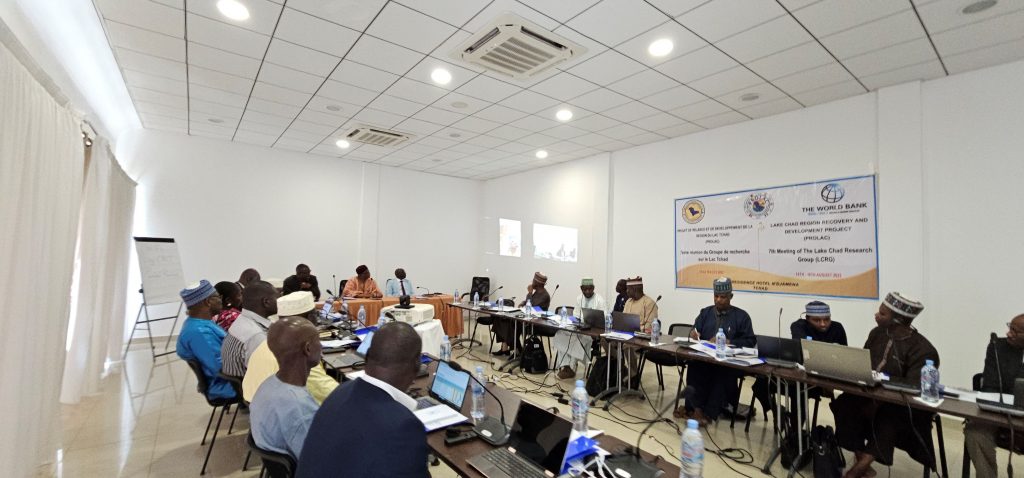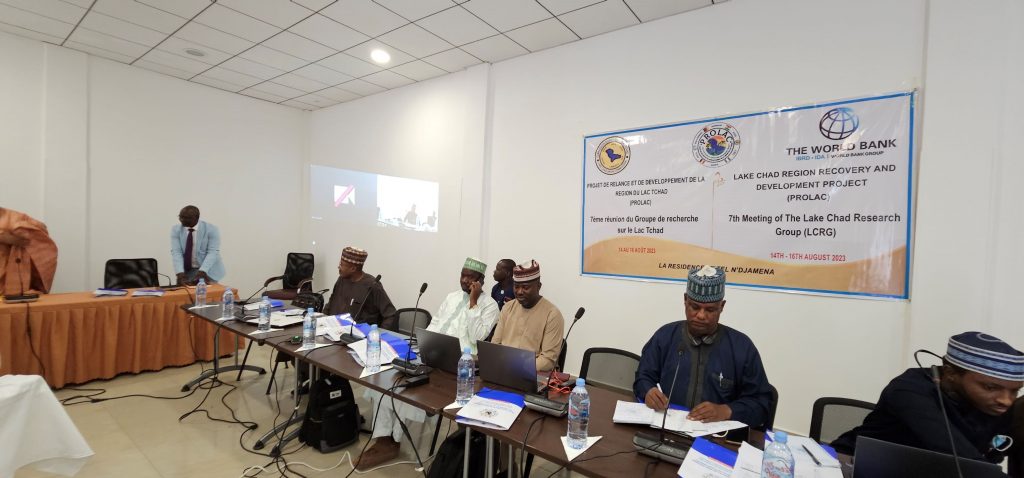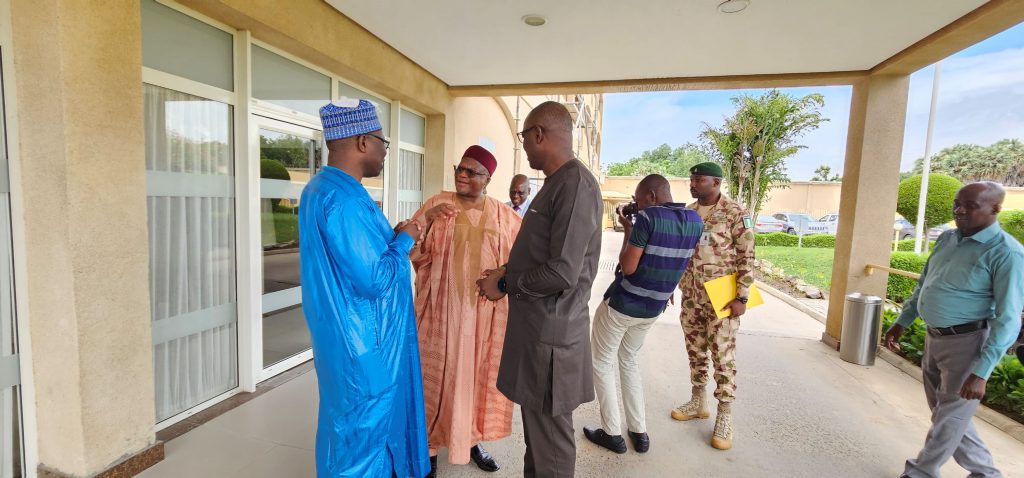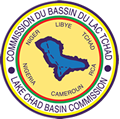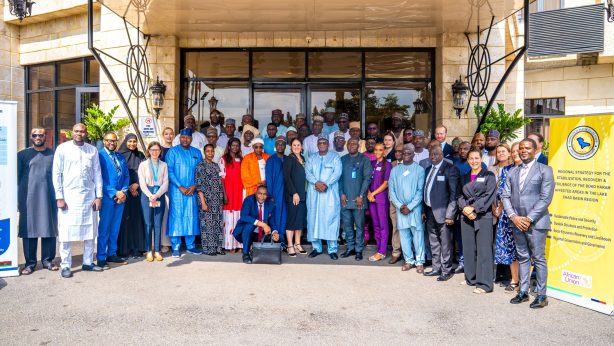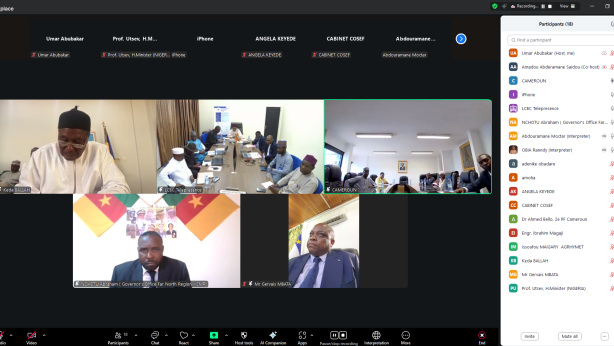7th Meeting of the LCRG: Preparatory to the 3rd Annual International Forum on the Development of the Lake Chad Region
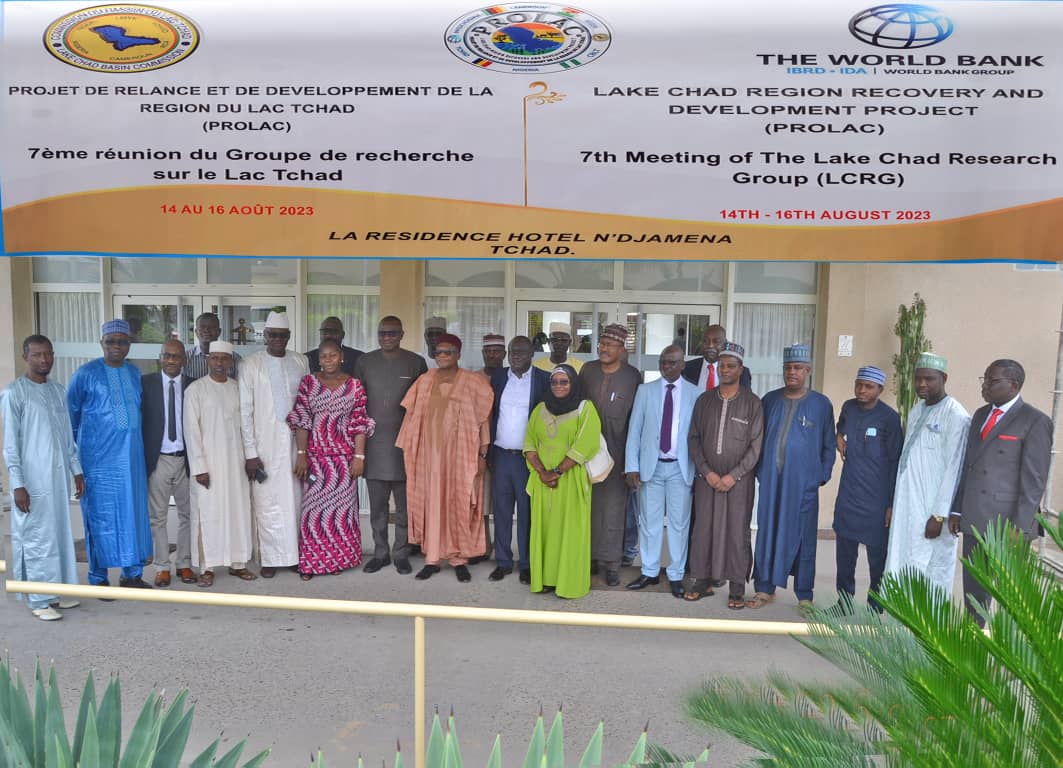
The Seventh Meeting of the Lake Chad Research Group (LCRG), preparatory to the organisation of the Third Annual International Forum on Lake Chad, scheduled for 2024 in Chad, opened this Monday, 14 August 2023, in the conference room of the Résidence Hotel in N’Djamena. The LCRG was set up as part of PROLAC (Lake Chad Recovery and Development Project) and aimed in particular to ensure coordination of activities, generating knowledge and learning, and regional dialogue between the countries and national implementation units of this regional programme aimed at strengthening the resilience and livelihoods of border communities in the Lake Chad region – Cameroon, Niger, Nigeria, and Chad.
For three days, some thirty participants from universities in the Lake Chad Basin, PROLAC national implementation units, representatives of civil society organisations and beneficiary populations will discuss the roadmap and organisational arrangements for this annual meeting, which has become a benchmark for discussions and exchange on issues relating to the development of Lake Chad. The meeting will also evaluate and outline an action plan for implementing recommendations and decisions of the previous Forum, held in Niamey, Niger, in May 2023, the progress of research, scholarships to be awarded to students from universities in the Lake Chad Basin, and the detailed action plan to supply data to the knowledge management platform hosted at LCBC, etc.
After Abuja in 2022 and Niamey in 2023, this Third Annual International Forum, slated for N’Djamena in 2024, is important in many ways. It will take place just after the mid-term review of PROLAC and the closing of MCRP (PROLAC’s Nigerian counterpart). This Third Annual International Forum (taking place just after the completion of the first phase of the Regional Strategy for the Stabilisation, Recovery and Resilience of the Areas of the Lake Chad Basin Affected by the Boko Haram Crisis) should therefore not be only a time for evaluating the organisation of this event, now institutionalised as a reference meeting, but also to take stock of the implementation of PROLAC and MCRP, draw lessons, capitalise on achievements, correct the situation and set the next steps.
Financed by the World Bank to the tune of 346 million US dollars for an initial five-year phase for the four LCBC countries affected by the Boko crisis, PROLAC is fully in line with innovative and inclusive regional projects designed by the Regional Stabilisation Strategy to significantly and sustainably reduce extreme poverty that is rife in the Lake Chad Basin.
Through its various components (including the sub-component relating to the Lake Chad Regional Knowledge Management and Monitoring Platform hosted at LCBC), PROLAC aims to contribute to the recovery of the Lake Chad region by supporting regional coordination, knowledge and monitoring, connectivity, and rural mobility as well as agricultural livelihoods in selected locations in Cameroon, Niger, Nigeria, and Chad. The project’s beneficiaries are vulnerable populations in the intervention areas of the four countries concerned, with a particular focus on women and young people at risk.
